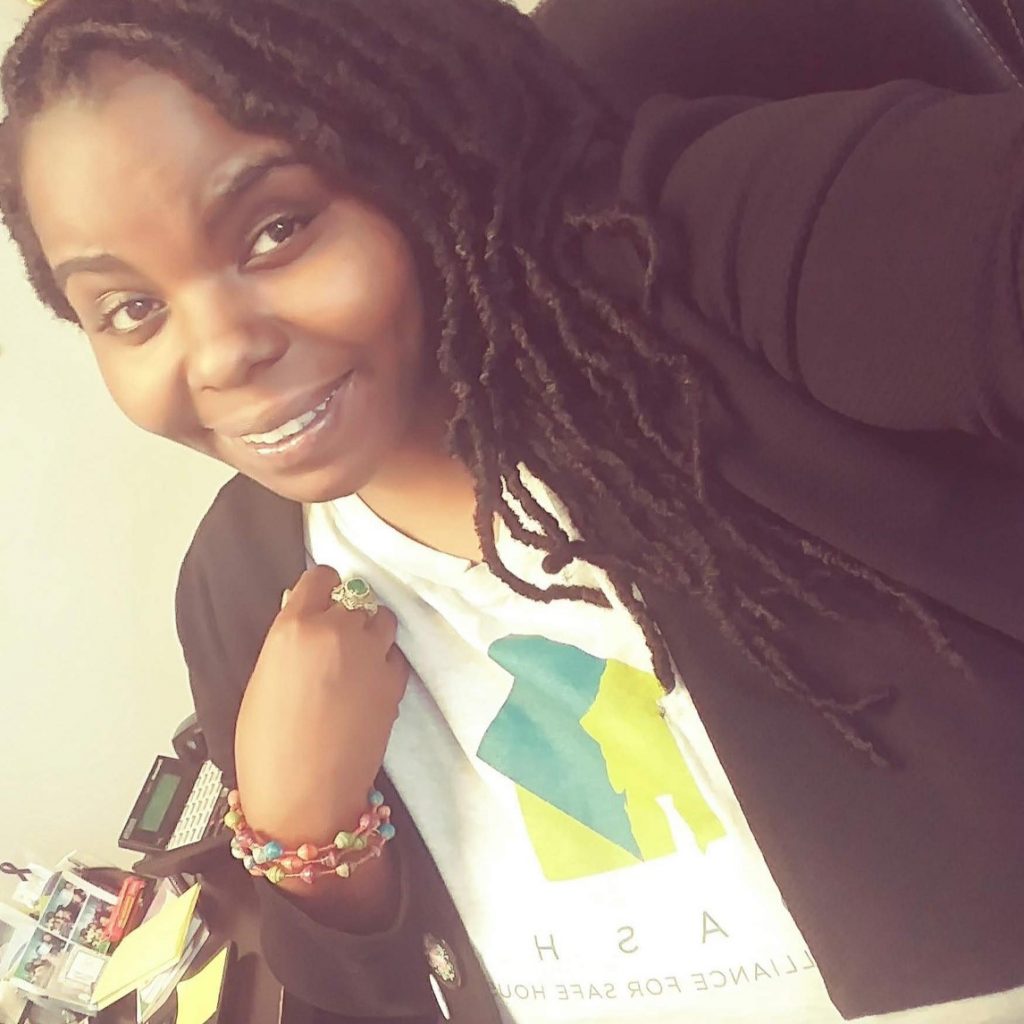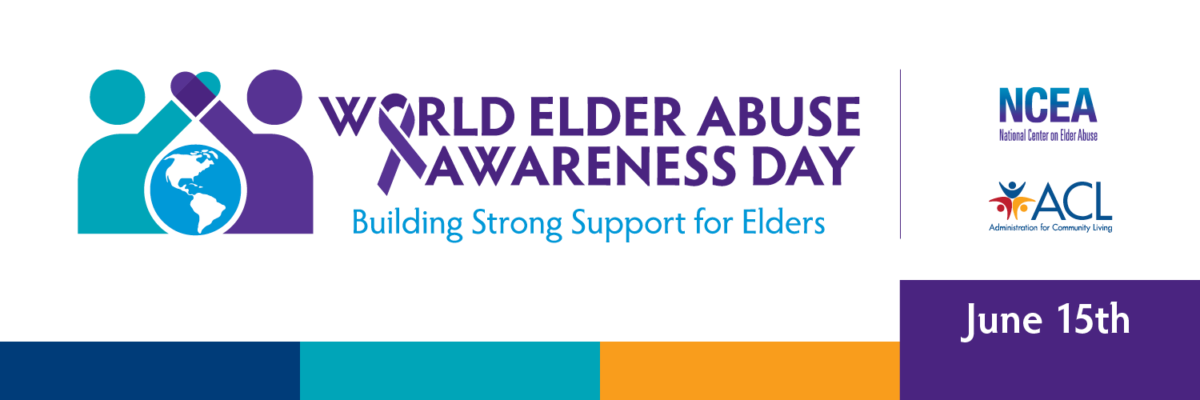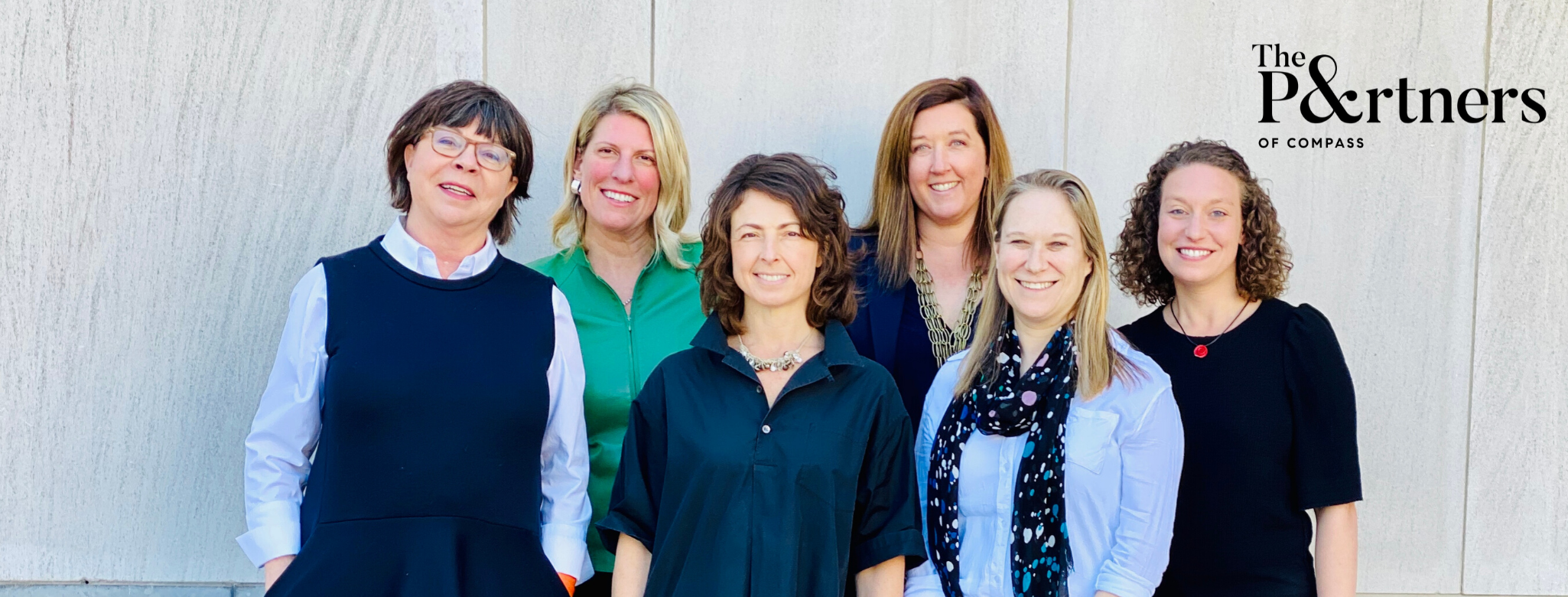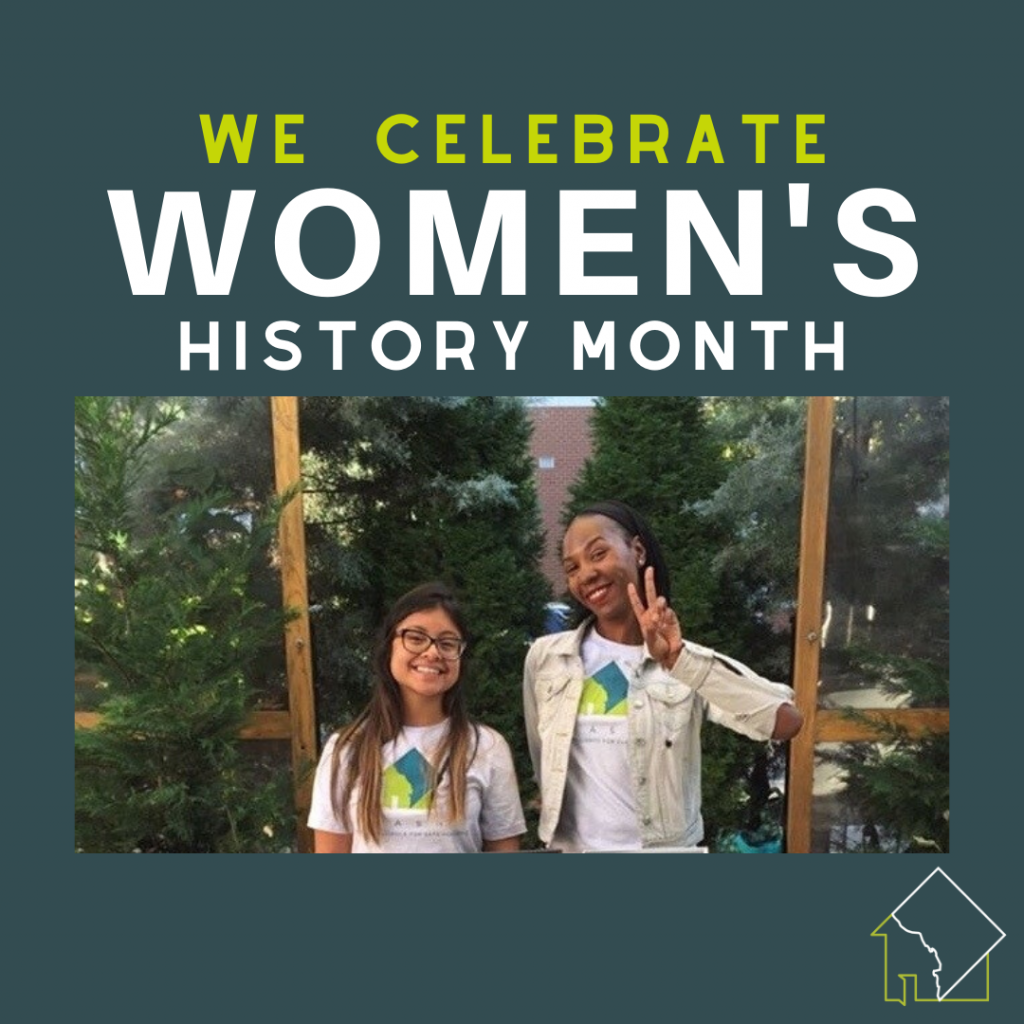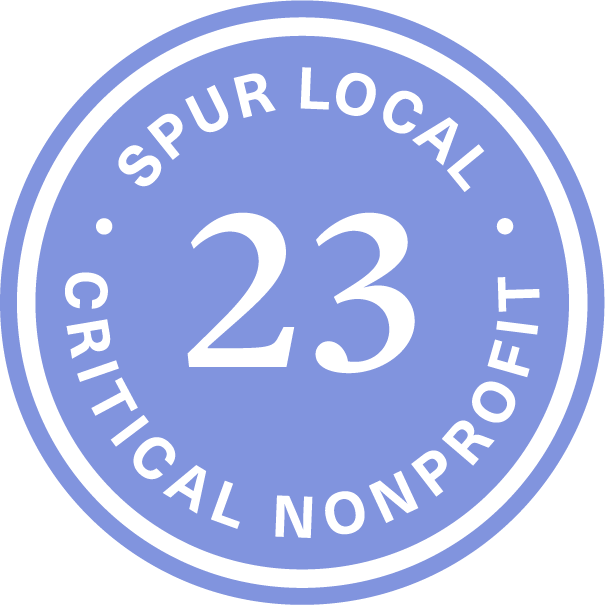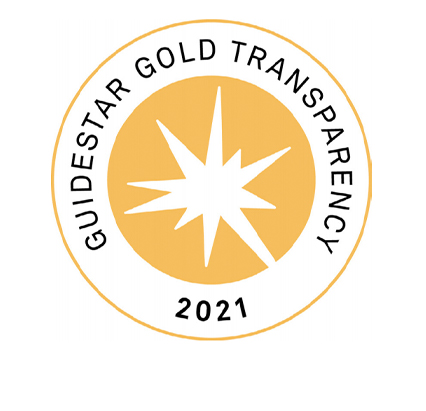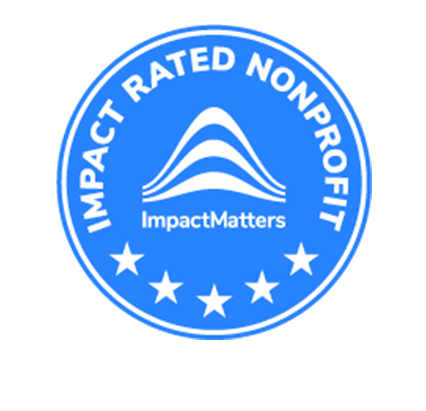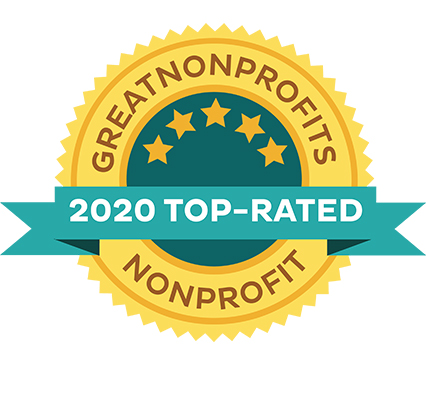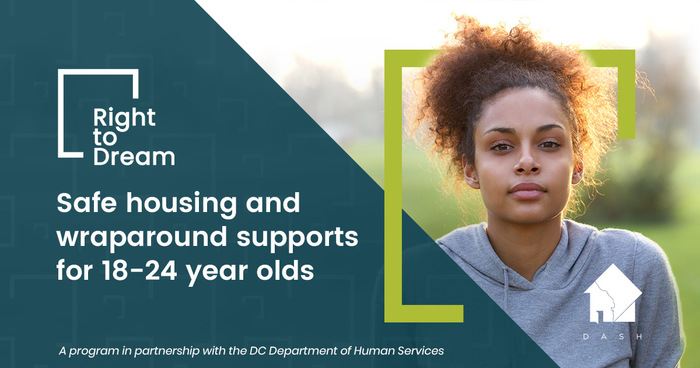
Introducing: Right to Dream
A new, scattered site housing and support program for transitioning youth survivors
We are excited to share the details of our newest program, Right to Dream, with you. Right to Dream is being launched with support from the DC Department of Human Services.
What is it?
Right to Dream is a scattered site housing program for transitioning youth (aged 18-24 years) who are survivors of domestic and/or sexual violence and are experiencing housing instability or homelessness. Like all of DASH’s programs, it is survivor-centered, low-barrier, voluntary, and trauma-informed.
Through Right to Dream, 20 transitioning youth survivors will receive wraparound supports and housing assistance for up to two years. They will be partnered with a DASH advocate who will help them find and set up their new home in the DC Metro area, check in with them regularly, and help them develop a plan for their safety. DASH advocates will support participants to identify their long-term goals and help them eliminate the barriers to achievement, helping them gain the skills, knowledge and supports to be confident adults who break the cycle of power and control their abusers forced on them.
Right to Dream participants will have access to educational opportunities, job training and career planning as well as a range of other community-based supports to help them recover from their trauma and become empowered. The goal at the end of the program is for each participant to be economically secure and able to maintain the lease on their own or, if they choose, to move to similar lease, and transition to self-sufficient adulthood.
Who is it for and why?
Transitioning youth are in a unique phase of life, no longer kids but not yet adults. This is a period of enormous change, when young people explore numerous roles and transitions, often leaving behind adolescent support networks, finding a job, and forming more complex intimate relationships.
Unfortunately, this is also a time when young people are especially vulnerable. Individuals are the most likely to be the victim of domestic or sexual violence during this phase of their life. Marginalized populations, such as LGBTQ youth or those living in poverty, are at even greater risk.
This program is the first of its kind in the District and surrounding areas. In partnership with the DC Department of Human Services, DASH saw the immense need for support services for this population and designed Right to Dream to help fill this gap.
What are we hoping to accomplish?
Right to Dream will:
- Provide survivors access to safe, stable housing
- Increase survivors’ safety
- Increase survivors’ personal, economic, and safety-related empowerment
- Provide supports that enable survivors to recover from their trauma
- Support survivors to improve their overall wellbeing
Right to Dream will expand the availability of youth-friendly, survivor-focused, long-term transitional housing and services so participants are provided with resources to do more than just survive, enabling them to grow, achieve their own goals, and move toward independent lives.
How can YOU help?
One of the core components of Right to Dream is the support services for program participants. As we develop this portion of the program, we are looking to expand our partnerships in the community to help us provide program participants with more opportunities, including education and job training. If you are interested in partnering with us, please let us know by emailing righttodream@dashdc.org.
We are also recruiting more landlords and property managers to partner with DASH and provide housing through Right to Dream. Again, let us know if you can help by emailing righttodream@dashdc.org.
There are also a number of other ways you can get involved and support DASH. More information is available at https://dashdc.org/get-involved/.
You can learn more about Right to Dream at dashdc.org/programs-services-safe-housing-right-to-dream/.

